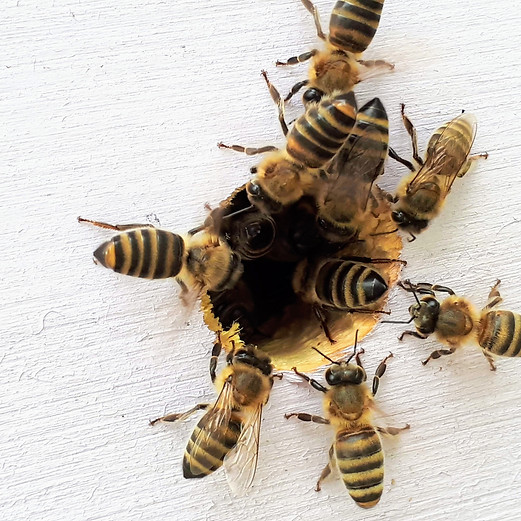


Our Services

Allergy Skin Prick Testing
for environmental & food allergy
(Medicare-covered)
A skin prick test, also called a puncture or scratch test, checks for immediate allergic reactions to as many as 30 different substances at once. This test is usually done to identify allergies to pollen, mold, pet dander, dust mites and specific foods. In adults, the test is usually done on the forearm. Children may be tested on the upper back.
Allergy skin tests are not painful. This type of testing uses a prick that barely penetrate the skin’s surface. You won’t bleed or feel more than mild, momentary discomfort. After cleaning the test site with alcohol, the provider draws small marks on your skin and applies a drop of allergen extract next to each mark. The provider will then will then lightly prick your skin through each drop.
About 15 minutes after the skin pricks, the provider observes your skin for signs of allergic reactions. If you are allergic to one of the substances tested, you’ll develop a raised, red, itchy bump (wheal) that may look like a mosquito bite. The provider will then assess the bump’s size and record the results.

Venom Allergy Testing
(Stinging Insect)
After a thorough evaluation of past reaction to certain insect sting, the physician may order blood test to determine if you have any antibodies (IgE) against venom. You will get a first appointment for a consultation, then go for blood test and then have a follow-up appointment (in-person or virtual) for the results.

Allergy Immunotherapy
(Allergy Injections)
Allergen immunotherapy is the repeated administration of allergen extracts to people who have known allergies in order to provide long-term relief of symptoms and improvement in quality of life during subsequent natural allergen exposure.
Allergy shots, also known as subcutaneous immunotherapy (SCIT), are the most commonly used and most effective form of allergy immunotherapy. This is the only treatment available that actually changes the immune system, making it possible to prevent the development of new allergies and asthma.
Sublingual immunotherapy (SLIT) are oral tablets that offer a way to treat certain allergies without shots. Like shots, tablets reduce symptoms by helping the body build resistance to the effects of an allergen. Unlike shots, tablets only treat one type of allergen and do not prevent the development of new allergies and asthma.